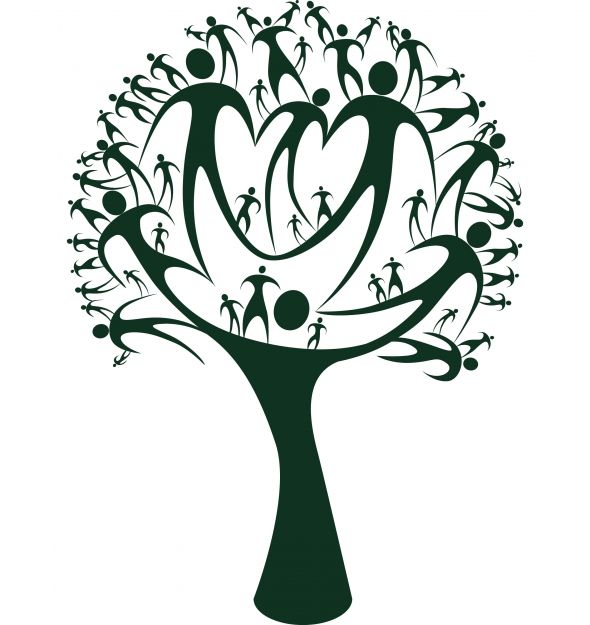Etikett: barriers across borders in searching
-
Searching for my family in Russia
Raya shares about searching for Russian family in our series dedicated to exploring the complexities, challenges, and realities for intercountry adoptees.
-

Searching for my family in Sri Lanka
Gabbie shares about searching for Sri Lankan family in our series dedicated to exploring the complexities, challenges, and realities for intercountry adoptees.
-
Searching for my family in the Philippines
Desiree shares about searching for Filippino family in our series dedicated to exploring the complexities, challenges, and realities for intercountry adoptees.
-
Söker efter min familj i Sydkorea
Samara shares about searching for Korean family in our series dedicated to exploring the complexities, challenges, and realities for intercountry adoptees.
-
Söker efter min familj i Vietnam
Hyun shares about searching for Vietnamese family in our series dedicated to exploring the complexities, challenges, and realities for intercountry adoptees.
-
Söker efter min familj i Kina
The following blog series will be dedicated to our Searching in Intercountry Adoption series. These individual stories are being shared from our Perspective Paper that was also shared with our Webinar, Searching in Intercountry Adoption by Adoptee Experts. by Shelley Rottenberg, born in China, raised in Canada, www.shelleyrottenberg.ca I was adopted from Zhejiang, China to…
-
Söker efter min familj i Colombia
Jose berättar om hur han letar efter colombiansk familj i vår serie dedikerade till att utforska komplexiteten, utmaningarna och verkligheten för adopterade utomlands.
-
Livslånga effekter av identitetsförlust
On 1 July, I was asked to speak as part of a webinar panel for the Transforming Children’s Care Webinar Series #4: Child’s Right to Identity in Alternative Care. We had an amazing panel of experts, moderated by Maud de Boer-Buquicchio, President of Child Identity Protection (CHIP), and hosted by the Better Care Network in…